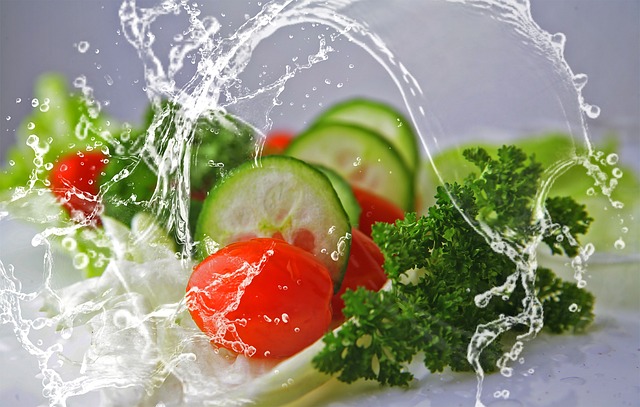Introduction
High blood pressure, or hypertension, is a common health concern that requires careful management, often through lifestyle and dietary changes. Incorporating specific foods into your diet can play a significant role in controlling blood pressure levels. In this guide, we’ll explore eight nutrient-rich foods known for their positive impact on hypertension, providing you with a practical blueprint for a heart-healthy diet.
Leafy Greens: Nature’s Blood Pressure Regulators
Leafy greens like spinach, kale, and collard greens are rich in potassium, a mineral that helps the kidneys remove sodium from the body. This, in turn, lowers blood pressure. Aim to include at least one serving of leafy greens in your daily diet to reap their benefits.
Berries: Antioxidant Powerhouses
Berries, particularly blueberries, are packed with antioxidants called flavonoids. These compounds have been shown to improve blood pressure levels. Regular consumption of berries may also help dilate blood vessels, contributing to lower blood pressure over time.
Oats: The Fiber-Rich Heart Protector
Oats are a superb source of both soluble and insoluble fiber. This combination helps reduce LDL cholesterol levels and stabilize blood pressure. Starting your day with a bowl of oatmeal or incorporating oats into your meals can contribute to better blood pressure control.
Beets: The Natural Nitrate Source
Beets contain dietary nitrates that are converted into nitric oxide in the body. Nitric oxide helps relax and dilate blood vessels, which can lead to lower blood pressure. Including beets in your diet, either raw, cooked, or as a juice, can be a powerful addition to your hypertension management plan.
Fatty Fish: Omega-3s for Cardiovascular Health
Fatty fish like salmon, mackerel, and sardines are loaded with omega-3 fatty acids. These essential fats help reduce inflammation and support overall heart health. Aim for at least two servings of fatty fish per week to reap the benefits of these heart-protective nutrients.
Nuts and Seeds: Heart-Healthy Snacking
Almonds, walnuts, flaxseeds, and chia seeds are rich sources of potassium, magnesium, and fiber. These nutrients collectively contribute to blood pressure regulation. Incorporating a handful of these nuts and seeds into your daily diet can be a convenient and satisfying way to support heart health.
Garlic: The Blood Pressure Ally
Garlic contains allicin, a natural compound known for its blood pressure-lowering effects. Regular consumption of garlic, either raw or in supplement form, may help relax blood vessels and improve blood flow, leading to better blood pressure control.
Yogurt and Kefir: Probiotics for Blood Pressure
Probiotic-rich foods like yogurt and kefir have been associated with lower blood pressure levels. The beneficial bacteria in these fermented dairy products may help improve gut health, which in turn supports heart health. Opt for plain, unsweetened varieties to maximize the benefits without added sugars.
Conclusion
Incorporating these eight nutrient-dense foods into your diet can be a powerful strategy for managing high blood pressure. Remember, consistency is key. By making these foods a regular part of your meals, you’ll not only support your heart health but also take a proactive step towards a healthier, more balanced lifestyle.





